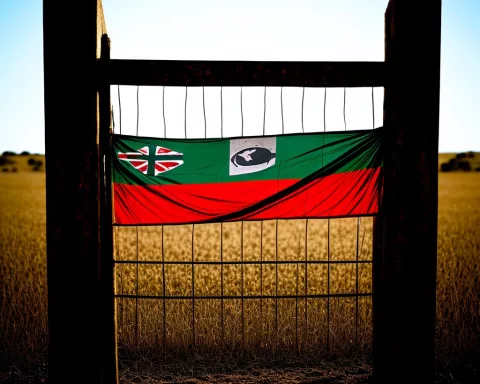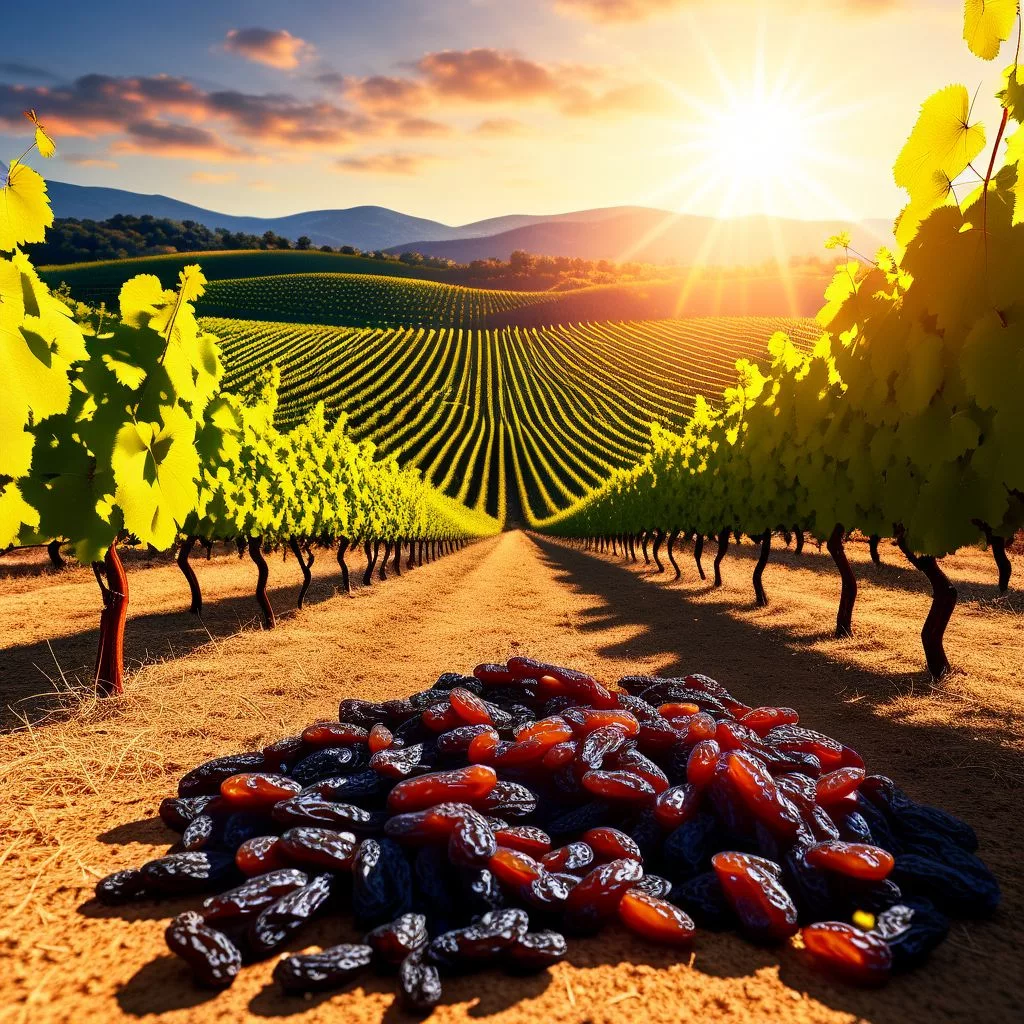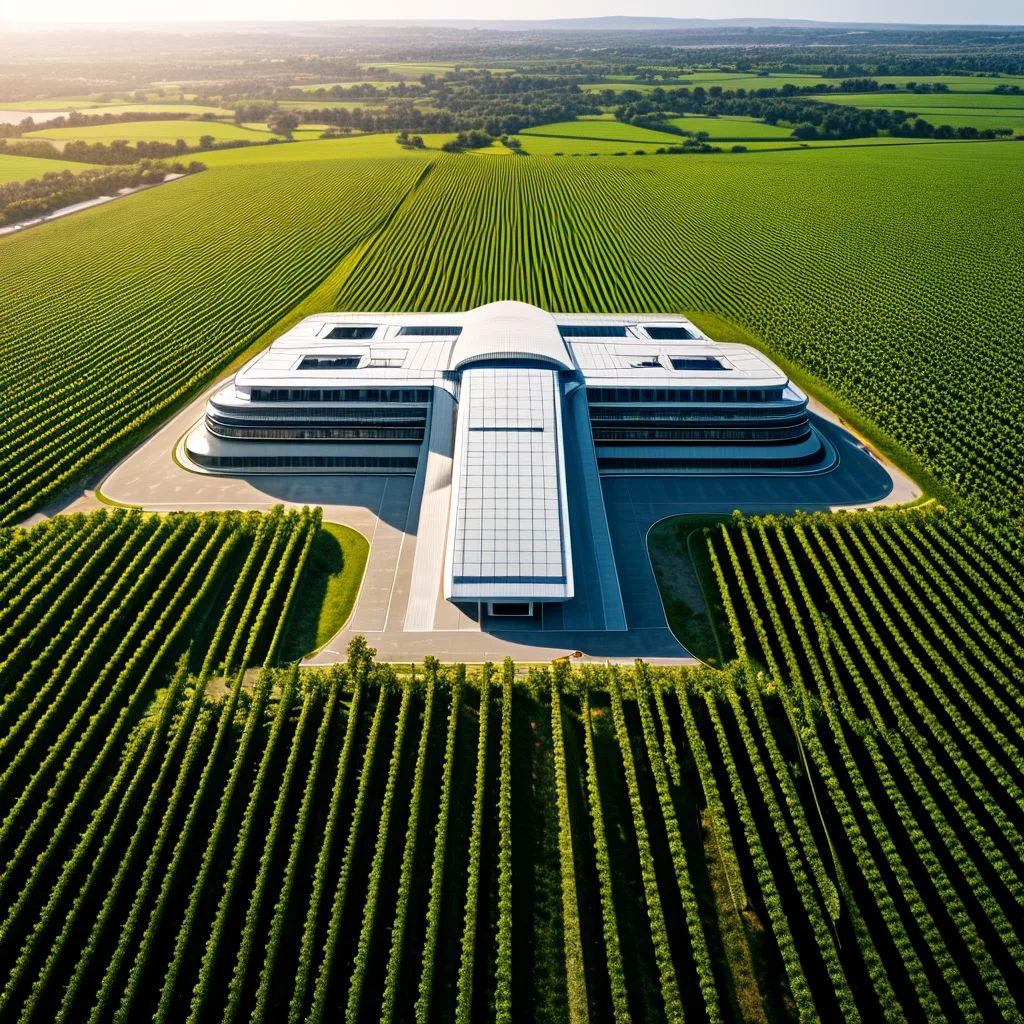On March 21, 2023, a fierce debate erupted between Elon Musk and Julius Malema during a rally in South Africa. Musk criticized Malema for singing a controversial song that many believe promotes violence against white people, while Malema defended his policies aimed at correcting land injustices. Their clash highlights the deep racial tensions and differing views on South Africa’s future, with Malema calling for change and Musk expressing frustration over being blocked from doing business in the country. This public feud reflects the ongoing struggle over race, history, and equality in a nation still healing from its past.
What sparked the clash between Elon Musk and Julius Malema in South African politics?
The clash between Elon Musk and Julius Malema reignited on Human Rights Day, March 21, 2023, during Malema’s rally at Sharpeville. Musk criticized Malema’s controversial song “Kill the Boer,” accusing him of promoting racial violence, while Malema defended land reform policies and dismissed claims of anti-white discrimination.
South African politics, marked by its tumultuous history, recently witnessed a fiery confrontation that underscored the nation’s enduring racial tensions and ideological divides. Elon Musk, the tech mogul from Pretoria, and Julius Malema, the passionate leader of the Economic Freedom Fighters (EFF), clashed once again. This latest skirmish unfolded on Human Rights Day, March 21, a day of profound historical significance commemorating the Sharpeville Massacre of 1960.
Historical Wounds Resurface
The Sharpeville Massacre remains a potent symbol of South Africa’s fight against Apartheid. On that dark day in 1960, police fired on a crowd protesting pass laws, killing 69 people. This event galvanized international condemnation and bolstered domestic resistance against the Apartheid regime. Malema chose this poignant day to lead an EFF rally at Dlomo Dam in Sharpeville, where he performed the controversial struggle song, Kill the Boer.
The song, emblematic of the anti-Apartheid movement, once served as a powerful tool of resistance against institutionalized racial oppression. However, its modern rendition by Malema sparked widespread criticism. Elon Musk, leveraging his significant social media following, accused Malema of advocating “white genocide,” a claim that reignited discussions about the persistent racial tensions lingering beneath South Africa’s democratic surface.
Ideological Warfare and Racial Tensions
Malema’s rally was not just about evoking historical memories; it was a platform to address contemporary political issues. He boldly responded to Musk and former U.S. President Donald Trump, dismissing allegations that South African policies discriminate against white citizens. Malema staunchly defended the Expropriation Bill, a controversial piece of legislation allowing the state to expropriate land without compensation. “We must not be intimidated by Elon Musk and everybody who stands with him,” Malema declared, his words resonating with the fervent crowd. He dismissed the notion that white South Africans face an existential threat, proclaiming, “All those who are offered an opportunity to go to America because there is a genocide against them, you are free to go. We have no home for racists in South Africa.”
Musk, known for his unfiltered social media presence, did not hold back. Taking to X (formerly Twitter), he expressed his disapproval: “Very few people know that there is a major political party in South Africa that actively promotes white genocide… A whole arena chanting about killing white people,” Musk posted, his incredulity evident. He also criticized the lack of global media coverage, questioning, “Where is the outrage? Why is there no coverage by the legacy media?” This query highlighted his broader criticism of media biases and selective reporting.
Business Interests and Racial Politics
Musk’s criticisms extended beyond ideological disagreements to his business ventures. He linked his frustration with Malema to the rejection of Starlink, his satellite internet service, in South Africa. “Starlink can’t get a license to operate in South Africa simply because I’m not black. How is that right?” Musk queried, intertwining his personal grievances with broader political commentary.
The tension between Musk and Malema is a chapter in an ongoing saga within South Africa’s complex socio-political landscape. Their public feud underscores the enduring debate over land reform, racial dynamics, and the boundaries of free speech. Malema’s advocacy for transformative policies and Musk’s global influence create a volatile mix. This ensures their confrontation remains a focal point of public discourse.
To fully grasp this clash, one must understand the historical context of South Africa’s racial politics. The legacy of Apartheid, a brutal system of racial segregation and economic disenfranchisement, continues to cast a long shadow. The struggle songs of that era, including Kill the Boer, were born out of a desperate fight for liberation. However, their resurgence in contemporary politics evokes diverse reactions—from reverence for their historical significance to fears of rekindling racial animosity.
Land Reform and Historical Injustice
The debate over land reform in South Africa is deeply rooted in historical injustices. During Apartheid, the state forcibly removed black South Africans from their ancestral lands, redistributing them to white settlers. The Expropriation Bill aims to address these injustices, but its implementation has sparked heated debates about fairness, economic implications, and racial justice.
Musk’s critique highlights the tension between local policies and global business interests. As a high-profile entrepreneur, Musk’s ventures are often seen as symbols of globalization’s reach. His assertion that Starlink’s rejection stems from racial bias underscores the fraught intersection of race and economics in South Africa. It raises pertinent questions about regulatory fairness and the challenges of navigating a post-Apartheid economy still grappling with deeply entrenched inequalities.
While Musk’s comments resonate with many who feel marginalized by South Africa’s policies, they also evoke strong resistance from those who view them as a misunderstanding or misrepresentation of the country’s efforts to rectify historical wrongs. This duality encapsulates the broader struggle of a nation seeking to balance redress with unity, progress with remembrance.
Revolutionary Fervor and Populism
Adding a layer of complexity, Malema’s rhetoric often blurs the line between revolutionary fervor and populism. His speeches, rich with historical references and charged with emotional intensity, galvanize his base but also polarize public opinion. His stance on land reform and economic redistribution reflects a broader ideological battle over the direction of post-Apartheid South Africa.
In examining this clash, one cannot ignore the personal histories of the protagonists. Musk, a product of South Africa’s privileged white minority, and Malema, a vocal advocate for the economically disenfranchised black majority, embody divergent experiences of the same nation. Their public spat is, in many ways, a microcosm of the larger national dialogue—a dialogue characterized by competing narratives of victimhood, justice, and identity.
The Sharpeville Massacre, which Malema commemorated during his rally, remains a poignant reminder of the brutalities of Apartheid. This tragedy marked a turning point in the anti-Apartheid struggle, galvanizing international condemnation and strengthening domestic resistance. Malema’s decision to invoke this historical event underscores the enduring importance of memory in South Africa’s political landscape.
In conclusion, the clash between Elon Musk and Julius Malema transcends mere personal animosity. It reflects deeper societal fissures and the ongoing struggle to define South Africa’s identity in a post-Apartheid era. The interplay of historical memory, racial dynamics, and economic interests continues to shape this vibrant, yet contentious, democracy. As the nation navigates its complex past and strives for an equitable future, such confrontations will undoubtedly persist, each adding another layer to the intricate tapestry of South African politics.
This confrontation, steeped in historical context and ideological fervor, serves as a stark reminder of the enduring challenges South Africa faces. It is a nation striving to reconcile past injustices with present realities, all while seeking a path toward a more inclusive and equitable future.
FAQ: Elon Musk vs. Julius Malema
What sparked the clash between Elon Musk and Julius Malema in South African politics?
The clash reignited on Human Rights Day, March 21, 2023, during Malema’s rally in Sharpeville. Musk criticized Malema’s performance of the controversial song “Kill the Boer,” accusing him of promoting racial violence. Malema defended his policies aimed at land reform, dismissing claims of anti-white discrimination.
What is the significance of the Sharpeville Massacre in this context?
The Sharpeville Massacre, which occurred in 1960, is a crucial event in South African history, symbolizing the struggle against Apartheid. During the massacre, police killed 69 people protesting against pass laws. Malema’s rally on this day was a poignant reminder of these historical wounds and the ongoing racial tensions in South Africa.
How does the Expropriation Bill relate to the debate between Musk and Malema?
The Expropriation Bill is a controversial piece of legislation that allows the South African government to expropriate land without compensation, aimed at addressing historical injustices from the Apartheid era. Malema supports this bill as part of his land reform policies, while Musk’s criticisms of it reflect broader concerns about racial dynamics and economic opportunities for all South Africans.
What were Musk’s criticisms regarding his business interests in South Africa?
Musk expressed frustration that his company, Starlink, was unable to obtain a license to operate in South Africa, claiming it was due to racial bias against non-black individuals. This assertion links his personal grievances to the larger conversation about racial politics and economic fairness in the country.
How did social media play a role in the public feud between Musk and Malema?
Musk utilized his significant social media presence to voice his discontent, posting criticisms of Malema and questioning the lack of media coverage regarding the allegations of racial violence. His social media activity amplified the confrontation and brought broader attention to the ongoing racial and ideological issues in South Africa.
What does this clash reveal about South Africa’s current political landscape?
The confrontation between Musk and Malema highlights deep-seated racial tensions and differing ideologies regarding land reform, justice, and equality in South Africa. It reflects the ongoing struggle to reconcile the country’s complex past with its aspirations for a more equitable future, illustrating the challenges of navigating post-Apartheid politics.












